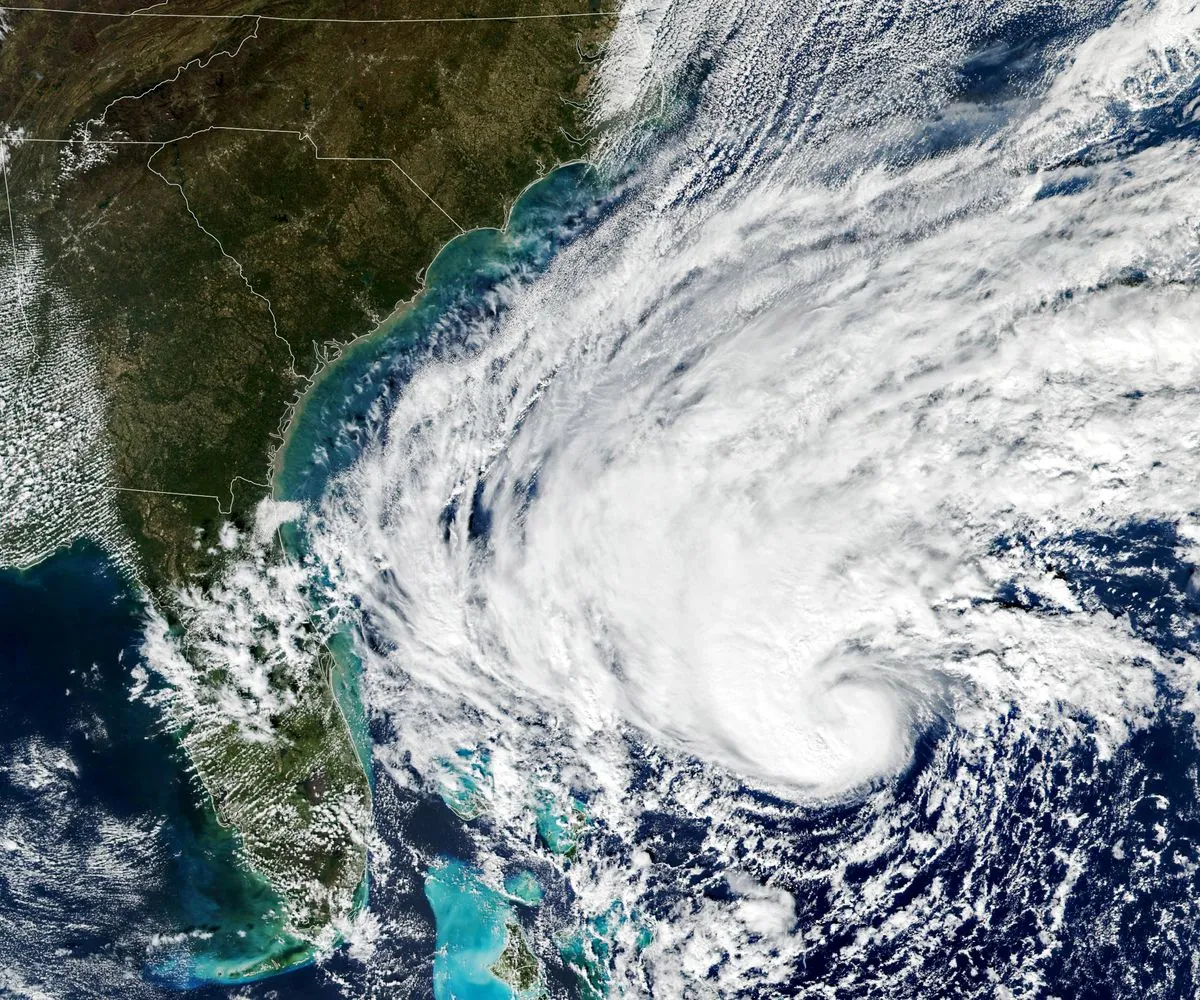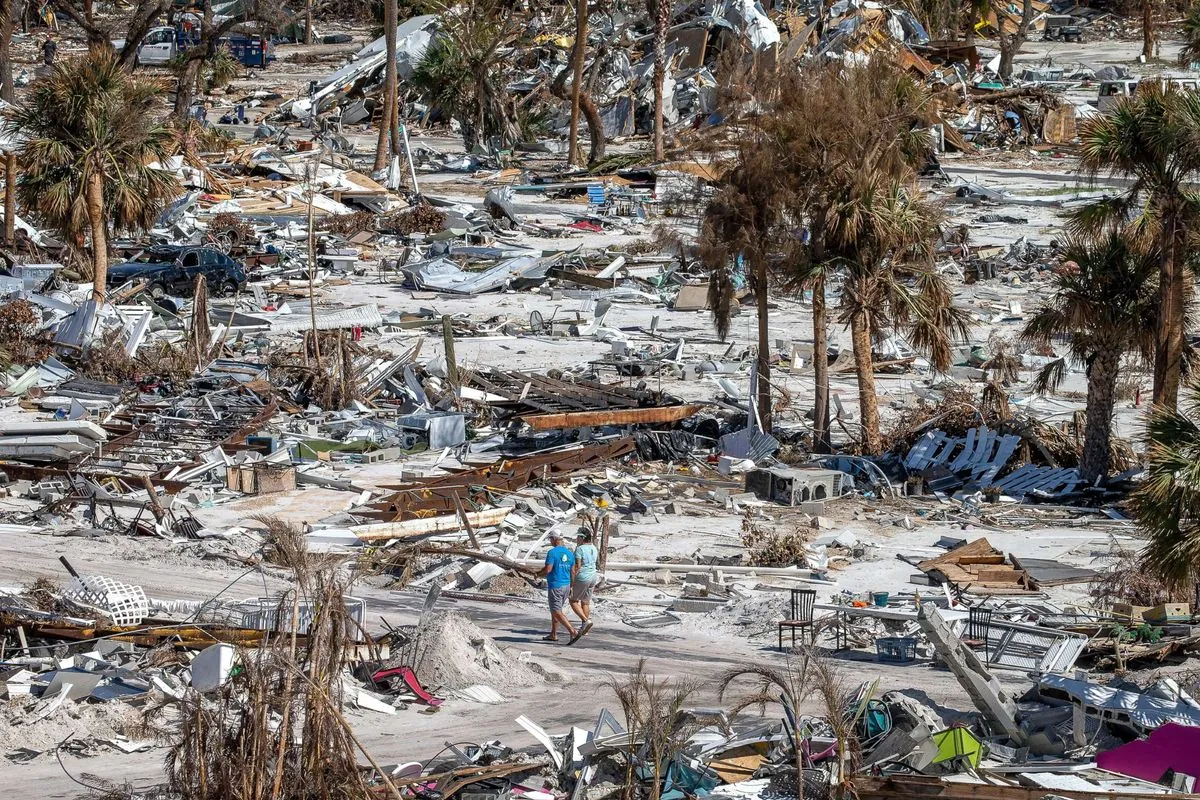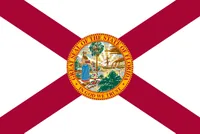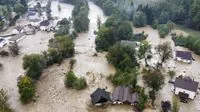Florida Braces for Major Evacuation as Tropical Storm Milton Approaches
Florida prepares for its largest evacuation since 2017 as Tropical Storm Milton intensifies in the Gulf of Mexico. Officials warn of potential compounded damage from recent Hurricane Helene debris.

Florida is gearing up for a significant evacuation as Tropical Storm Milton gains strength in the Gulf of Mexico, potentially becoming the state's most extensive relocation effort since Hurricane Irma in 2017. The storm is projected to reach hurricane status before making landfall near the densely populated Tampa Bay area on October 9, 2024.
The U.S. National Hurricane Center (NHC), responsible for tracking and predicting tropical cyclones, has issued warnings for residents along Florida's Gulf Coast to prepare for tropical storm-force winds as early as October 8, 2024. The NHC anticipates Milton's rapid intensification, potentially evolving into a major hurricane by October 7, 2024.
Kevin Guthrie, director of Florida's emergency management division, strongly advised residents to evacuate, emphasizing the scale of the impending situation. The Gulf of Mexico, a large ocean basin bounded by North America, is witnessing Milton's counterclockwise rotation, characteristic of hurricanes in the Northern Hemisphere.
Governor Ron DeSantis cautioned about the possibility of a higher storm surge and more extensive power outages compared to the recent Hurricane Helene. Storm surge, often the greatest threat to life and property from a hurricane, is a particular concern for coastal areas. The governor highlighted the compounded risk due to debris left by Helene, which could exacerbate damage if hit by a major hurricane.
Milton's unusual eastward trajectory has caught the attention of meteorologists. As of October 6, 2024, the storm was located approximately 815 miles west-southwest of Tampa, with maximum sustained winds of 80 mph. The NHC has advised residents in Mexico's Yucatan Peninsula, mainland Florida, the Florida Keys, and the northwestern Bahamas to closely monitor the storm's progress.

The potential impact of Milton comes as the southern United States, including North Carolina and Florida, continues to recover from the devastating effects of Hurricane Helene. Helene, which made landfall on September 26, 2024, resulted in over 200 fatalities across six states, marking it as the deadliest named storm to hit the U.S. mainland since Hurricane Katrina in 2005.
In response to the ongoing recovery efforts, President Joe Biden has ordered an additional 500 active-duty troops to assist in western North Carolina, bringing the total military personnel to 1,500. These forces join a massive state and local recovery operation, including 7,000 federal workers and 6,100 National Guard personnel from 12 states.
The federal government has already approved $137 million in assistance, with promises of more aid to address the billions of dollars in economic damage. As climate change is expected to increase the intensity of hurricanes, the importance of preparedness and swift response becomes ever more critical.
As Florida braces for Milton's impact, residents are reminded that the Atlantic hurricane season officially runs until November 30. With the Saffir-Simpson Hurricane Wind Scale categorizing hurricanes from 1 to 5 based on sustained wind speeds, authorities stress that this scale does not account for other hurricane dangers like storm surge and rainfall, emphasizing the need for comprehensive preparedness.
"There are some areas with a lot of debris that is there, so if you get hit with a major hurricane, what's going to happen to that debris? It's going to increase the damage dramatically. This is all hands on deck to get that debris where it needs to be."
As Milton approaches, hurricane hunters – specialized aircraft that fly into tropical cyclones to gather crucial data – will play a vital role in providing accurate information for forecasts and preparations. With evacuation zones typically based on storm surge and flood risk, residents are urged to stay informed and follow local authorities' guidance to ensure their safety in the face of this impending natural disaster.


































